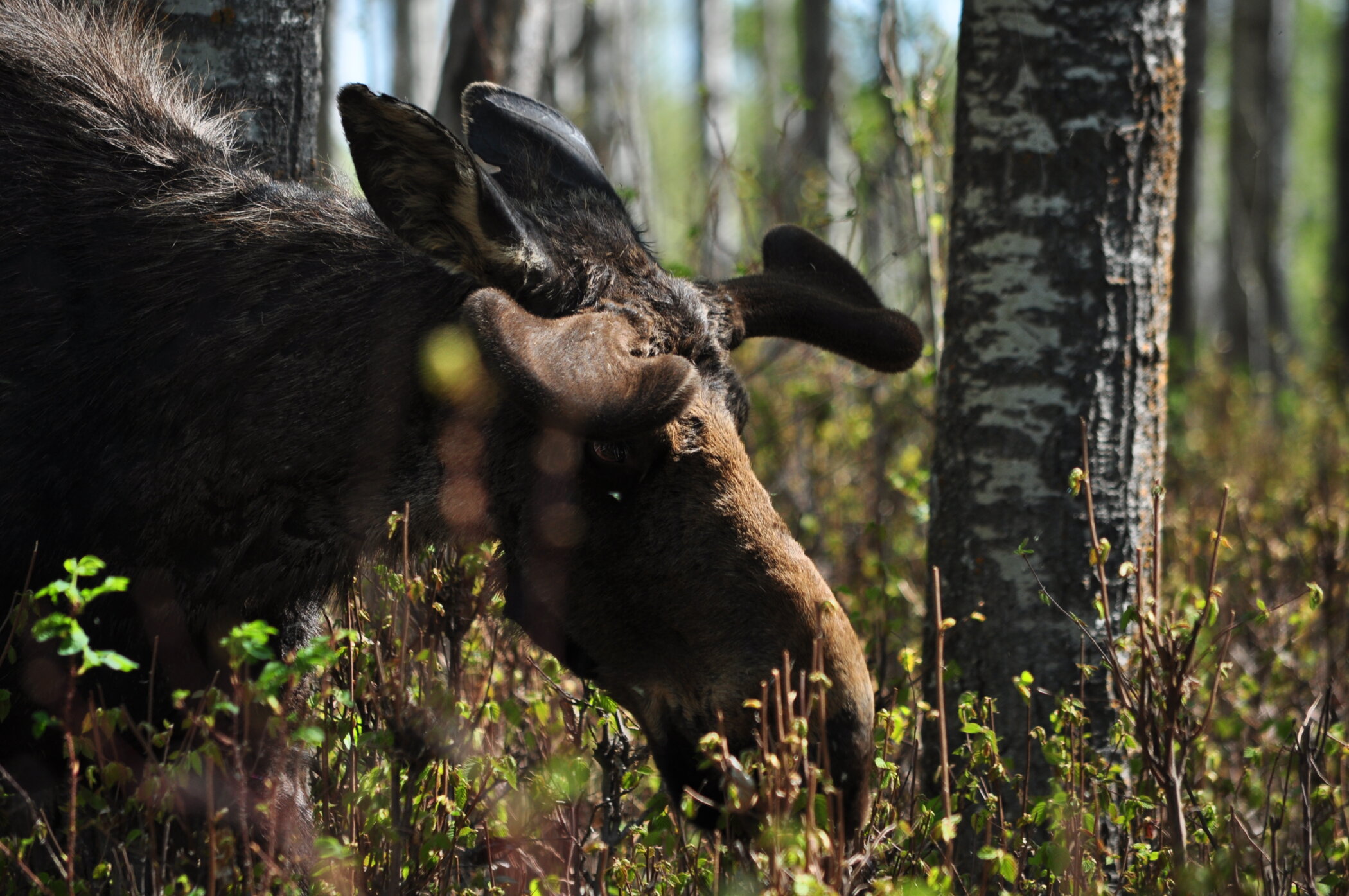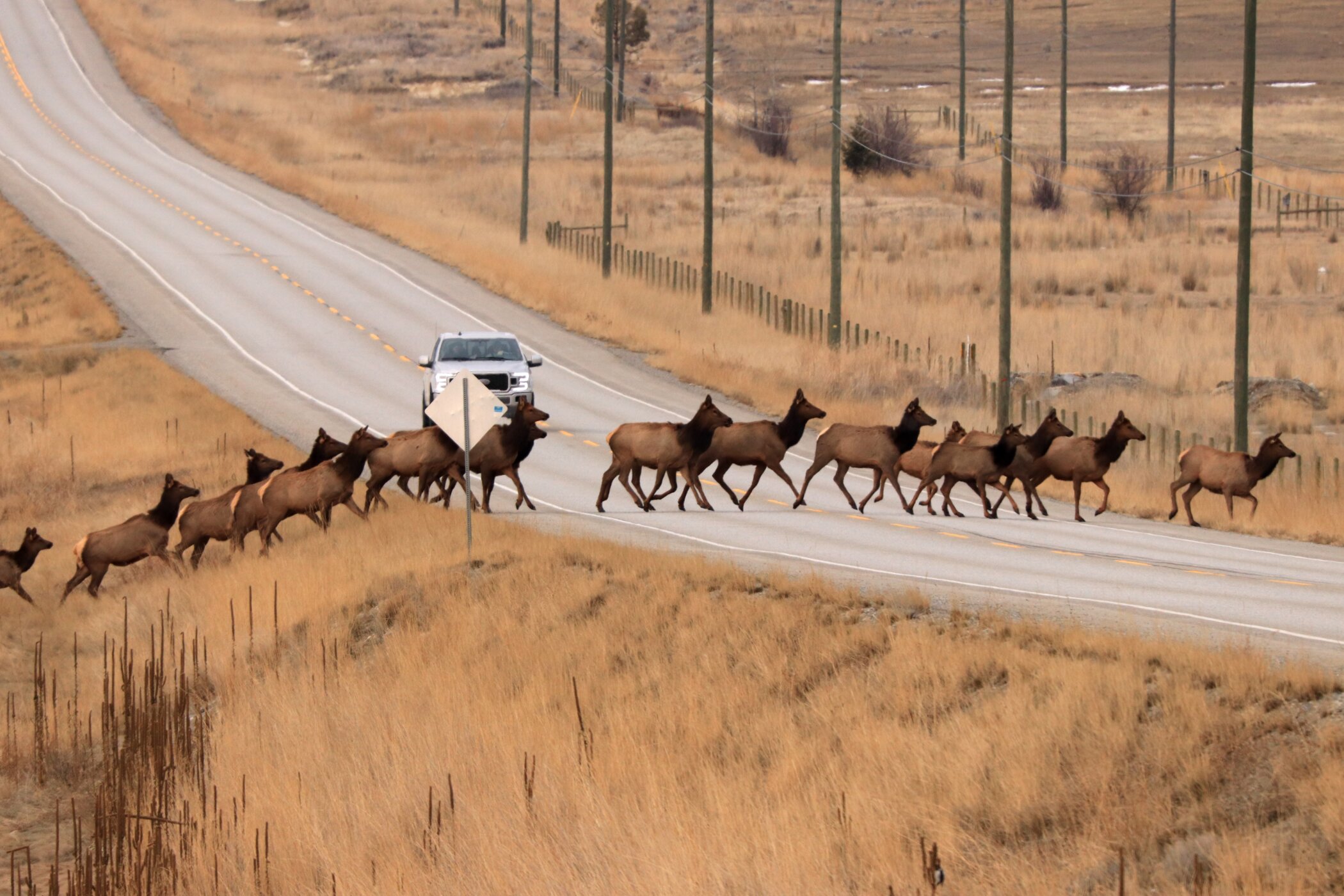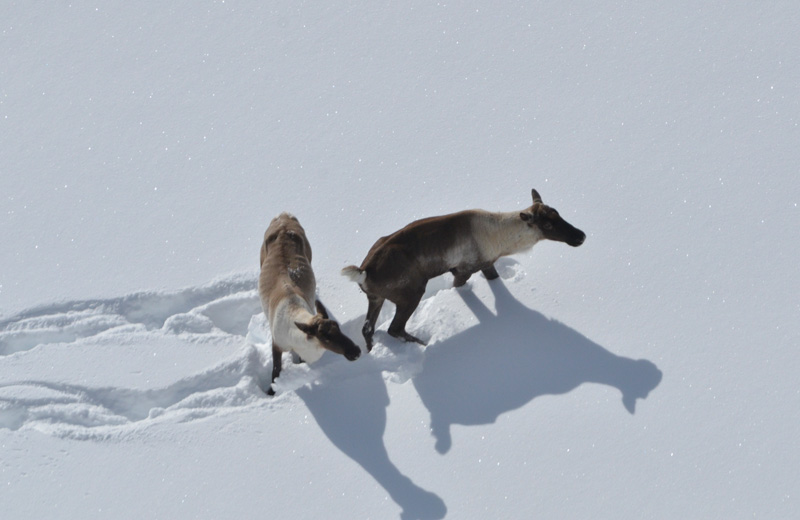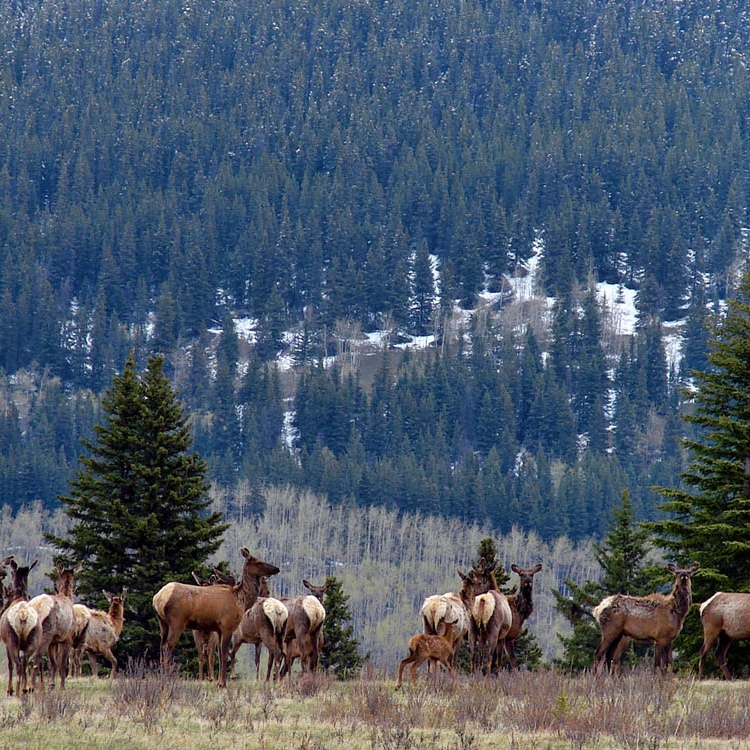We work at the nexus of science and policy
Trusted brokers
We promote a long-term, strategic approach to developing rigorous, policy-relevant science. We are also responsive to the more immediate demands that require independent and trusted voices to speak towards urgent, wildlife science-related problems.
Collaborative
We are a collaborative group that brings together people with extensive experience in ecology, social science, and supporting Indigenous-led conservation. We bring together the public sector, academia, industry, and Indigenous communities around pressing wildlife issues.
Accessible
We not only create and synthesize evidence, but ensure that this knowledge is accessible to decision makers, rights holders, and the public. We create workshops, presentations, media releases, outreach material, and decision support tools.
Timely
We conduct primary research, knowledge syntheses, management plans, study designs, and group facilitation. We stand behind the science to help understand the complex trade-offs that are part of contemporary decision-making.


How we got here
Our partners needed credible, relevant science to solve today’s most critical biodiversity challenges
Over the last decade, wildlife research has undergone a significant change in who is doing work and how. There are renewed government mandates for policy to be both more clearly linked to science while also responsive to Indigenous leadership in resource management. There is a strong demand for reliable and independent science that is viewed as credible to a number of sectors, while also relevant to the trade-offs that are inherent to public decision-making.


Understanding
The loss and recovery of biodiversity
Understanding the causes and consequences of biodiversity loss has long been at the forefront of what conservation researchers do. However, there is an urgency to understand pathways to recovery—particularly in the disturbed landscapes that are characterized by urbanization, agricultural expansion, and resource extraction.


Sharing
Multiple ways of knowing
Wildlife are often at the heart of the reconciliation process—such as food security and cultural revitalization through harvest. Supporting Canada’s commitment to the United Nations Declaration of the Rights of Indigenous People (UNDRIP) and related efforts requires a clearer understanding of how Indigenous-led conservation and western science can together bolster wildlife management efforts in an era of reconciliation.
A local community of practice
The Wildlife Science Centre, part of the non-profit organization Biodiversity Pathways, exists due to ongoing, interprovincial partnerships in research and resource management. The WSC previously operated as the Caribou Monitoring Unit but expanded our mission and scope in 2022.
Our Partners